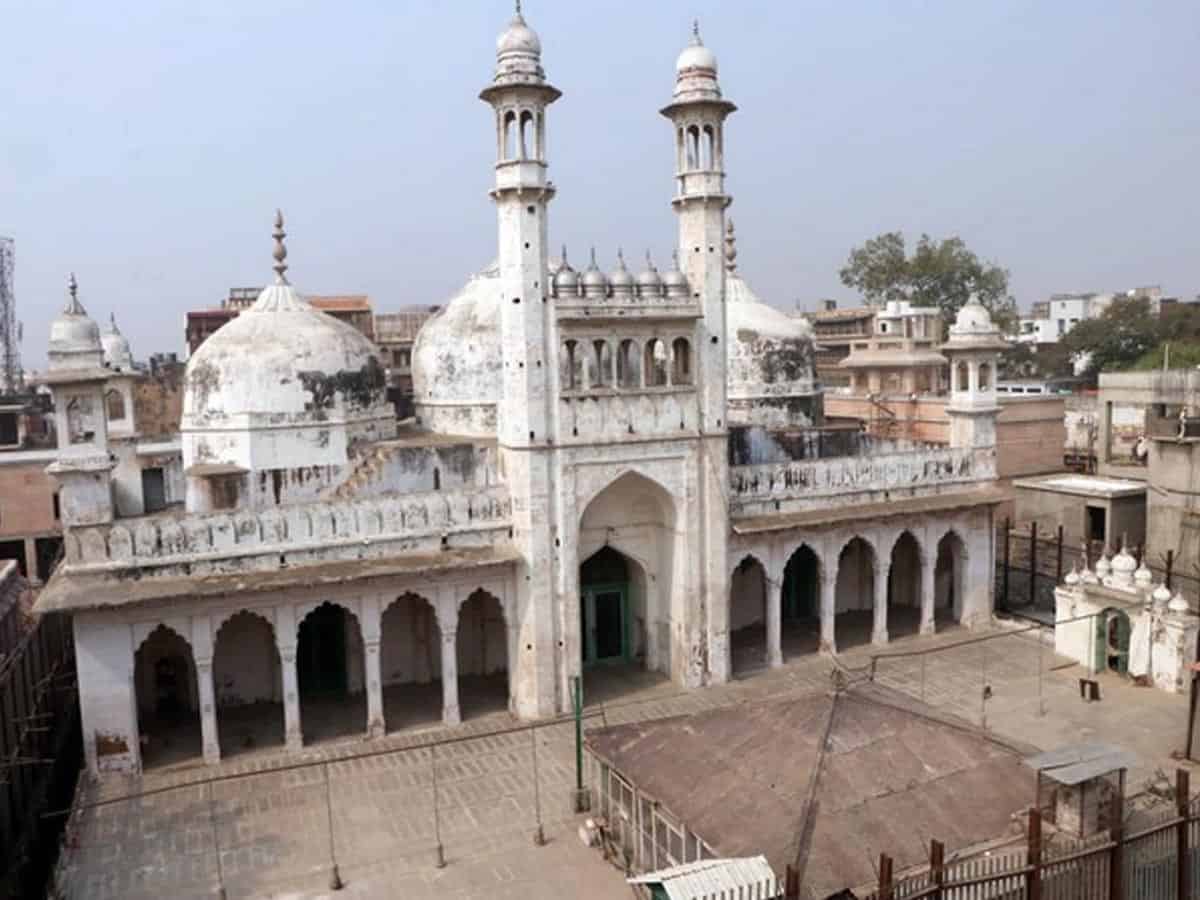
Advocate Vishnu Shankar Jain, representing the Hindu side in the Gyanvapi mosque case, on Thursday, January 25, said that based on the Archaeological Survey of India’s (ASI) findings, it can be said that a “large Hindu temple” once existed at the site of the Gyanvapi mosque in Uttar Pradesh’s Varanasi.
Earlier, both the Hindu and Muslim sides in the dispute had applied for copies of the ASI survey report on the Gyanvapi mosque complex adjoining the Kashi Vishwanath temple.
According to the report, Jain stated that the western wall of the mosque is a part of the pre-existing Hindu temple. Additionally, he mentioned that 32 inscriptions related to Hindu temples were discovered on pillars in Devanagari, Telugu, and Kannada scripts.
“There were attempts made to erase the symbols on temple pillars,” Jain added, citing the ASI report.
Following an order of the district court passed on July 21 last year, the Archaeological Survey of India (ASI) carried out a scientific survey of the Gyanvapi premises to determine whether the mosque was constructed over a pre-existing structure of a Hindu temple.
The survey was ordered by the court after the Hindu petitioners claimed the 17th-century mosque was constructed over a pre-existing temple. The ASI had submitted its survey report to the district court in a sealed cover on December 18.
